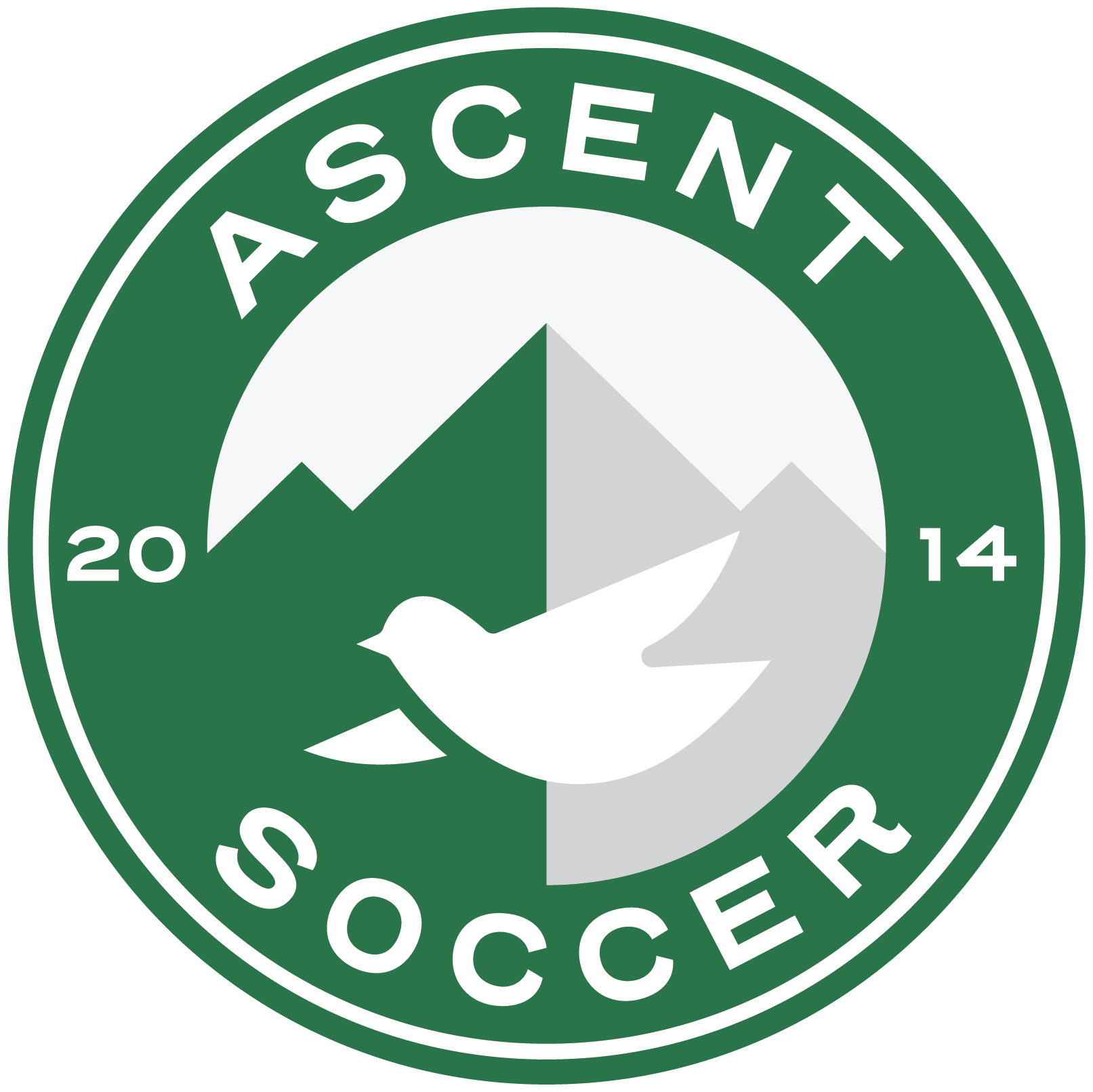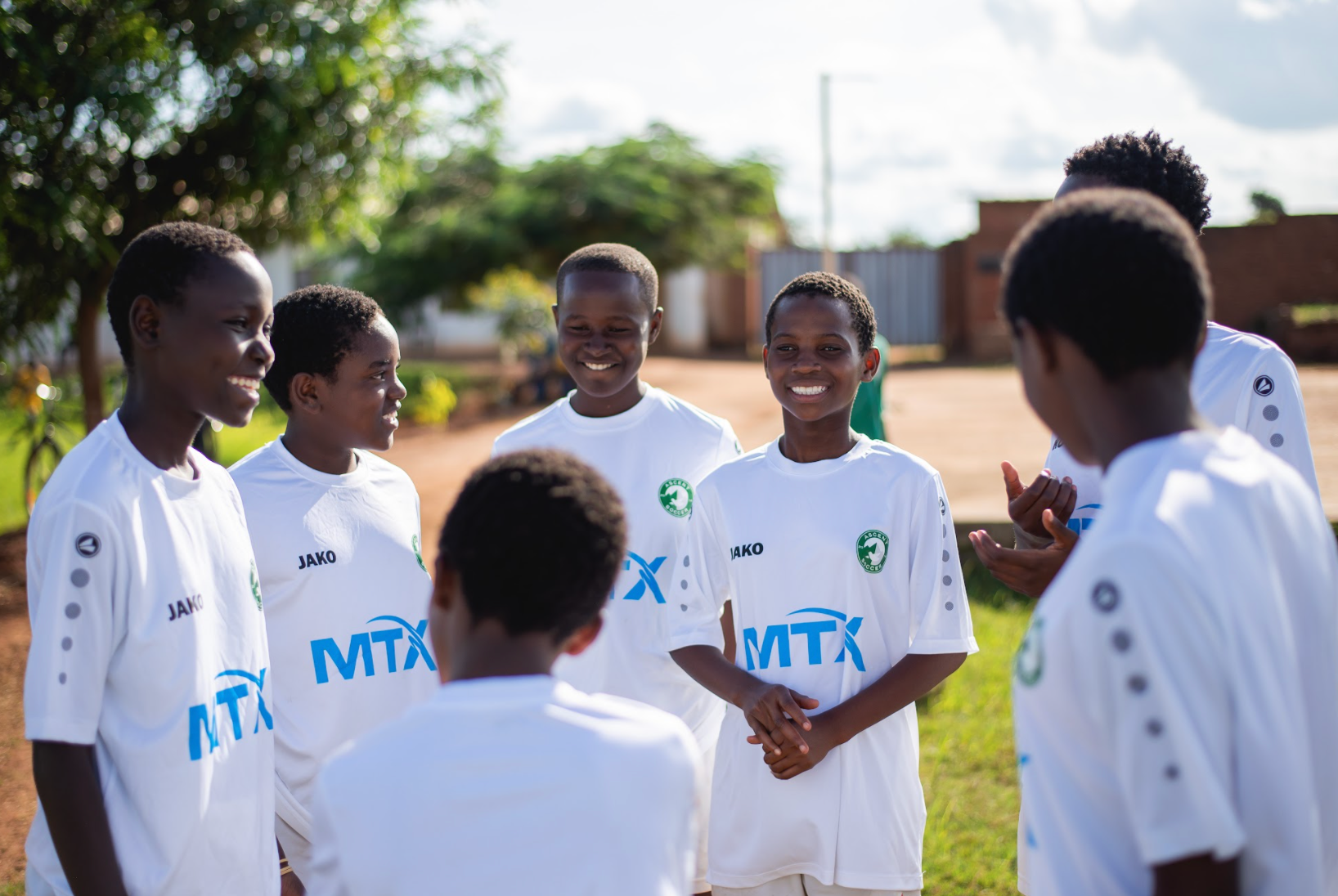PEOPLE
THIS PILLAR IS GENEROUSLY SUPPORTED BY THE RICK MANGAT FAMILY FOUNDATION
“Women and girls are Africa’s greatest untapped resource, and it is they, not diamonds or oil or minerals, that will be the foundation of solid, sustainable and equitable progress.”
Joaquim Chissano - Former President, Mozambique
OUR ‘PEOPLE’ PLEDGE
Quality programming, opportunity and an over-investment in the deserving youth of Africa’s most impoverished regions, including a commitment towards full gender equity in soccer and scholarship.
Our ‘People’ Vision In Action
50% Female Student Body by 2025
Curated Female Focused Character Program
Staff & Community Equity Education Programs
EQUITY EQUALS OPPORTUNITY
A commitment to female soccer in Africa represents not only a moral imperative, but also a major impact opportunity, and with such an historic under-investment in women’s soccer in East Africa, there are still too few pathways for talented girls through sport. While 25% of today’s academy roster is female, the aim of the new Ascent Soccer is 50/50 gender parity within three years.
Ascent Soccer launched its girls program in 2016 to empower ambitious and talented girls in Malawi and Uganda, to fulfill their potential and be inspirational role models to millions of girls across South East Africa.
Female players at Ascent receive private school scholarships, a curated character development program and a soccer training program with both the girls and boys at age/physique appropriate levels to enhance their footballing development. And like all of our full-time Ascent Soccer scholars, there is medical, nutritional and pastoral care -- making certain we are delivering holistic development for our female players.
OUR RESPONSIBILITY
Women and girls in South and Eastern Africa face severe challenges. Many local cultural norms uphold archaic and discriminatory beliefs about the role of women within the family and community, which means that girls grow up being denied access to education and opportunities. Some families, especially in rural areas, expect girls to help with farming and domestic duties and, as a result, miss out on attending school. In Malawi for example, Ripple Africa estimates that only 7% of the female population complete secondary school, with approximately 1 in 2 girls being married by the age of 18.
Additionally, 20% of girls in the region will face sexual abuse by the time they turn 18, usually at home or in school (UNICEF). It is a sad reality that systemic gender inequality has led to women and girls being undervalued, abused, and viewed as second-class citizens.
Cultural expectations and gender roles also impinge on girls’ access to sports participation, with girls being expected to carry out domestic duties (cleaning, cooking, water collection) and opportunities through sport being considered a pursuit that is only appropriate for boys.



